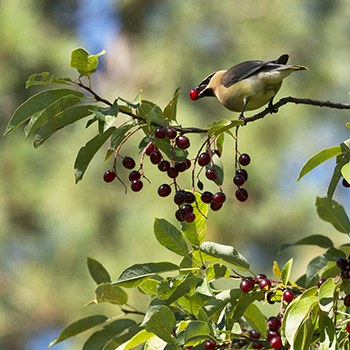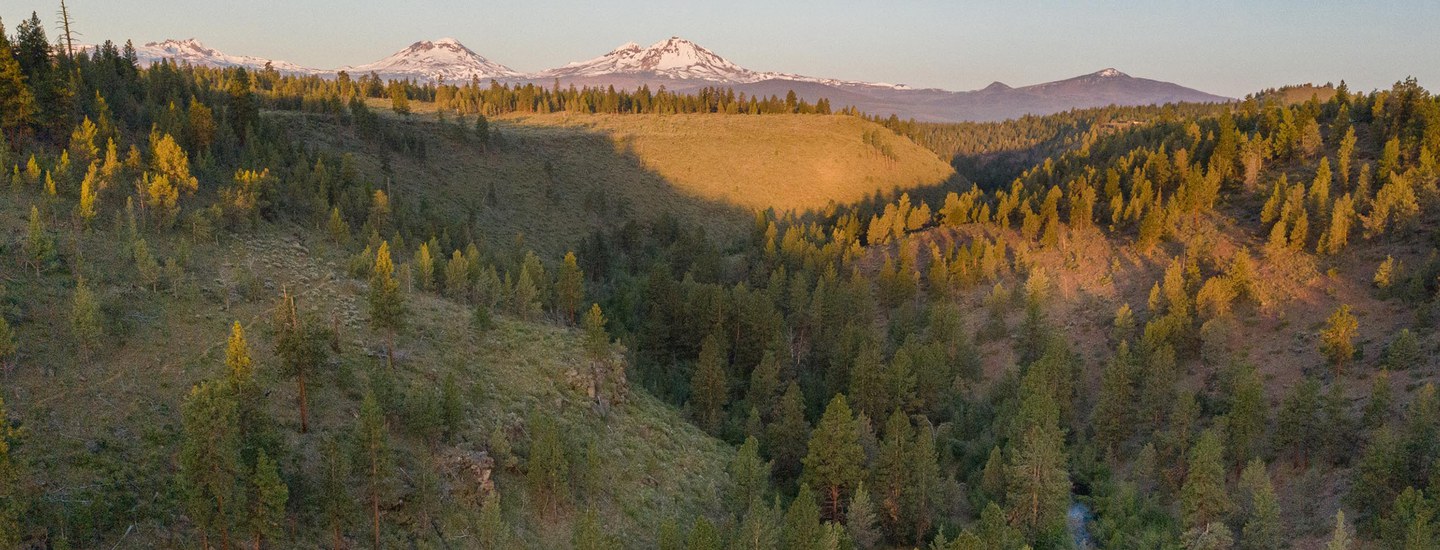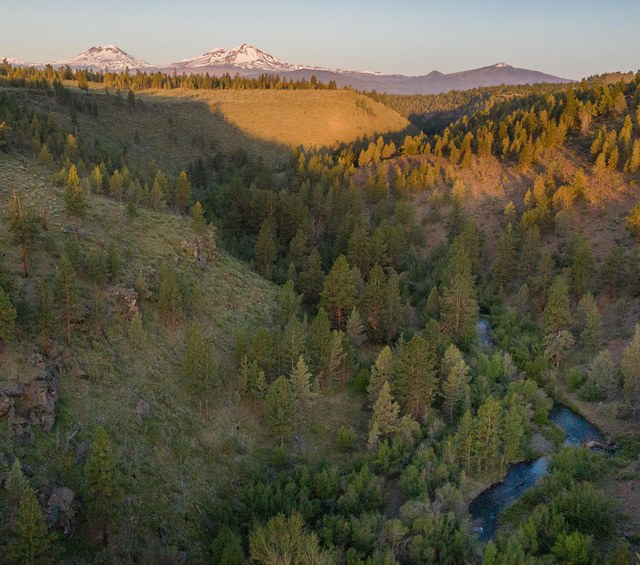Traditional Ecological Knowledge. For something that’s been around for thousands of years, it seems the term is suddenly popping up everywhere. From climate change to wildlife management, traditional ecological knowledge (TEK) is now being integrated with Western science. But what is TEK and how is it being used?
As defined by the Convention on Biological Diversity, “Traditional knowledge refers to the knowledge, innovations and practices of indigenous and local communities around the world. Developed from experience gained over the centuries and adapted to the local culture and environment, traditional knowledge is transmitted orally from generation to generation. It tends to be collectively owned and takes the form of stories, folklore, proverbs, cultural values, beliefs, rituals, community laws, local language, and agricultural practices... Traditional knowledge is mainly of a practical nature, particularly in such fields as agriculture, fisheries, health, horticulture, forestry, and environmental management in general.”
Looking at this definition, TEK is a holistic knowledge that recognizes the interdependence or interconnectedness of multiple species, including humans. Contrary to what many learned in school, the natural world has been tended by Native American tribes since time immemorial. This knowledge—when, where, and how to set fires, harvest plants, hunt and fish—has developed over thousands of years. The natural world and TEK are inextricably bound together. In addition, observing and understanding the natural world over this long period of time has provided a vast knowledge within indigenous tribes.
Within traditional ecological knowledge is the concept of reciprocity and building relationships with the natural world. This topic will be discussed more in-depth at the Land Trust’s March Nature Night with Dr. Robin Wall Kimmerer.
In preparation for Dr. Kimmerer’s talk, I highly recommend you read as much of her work as you can! Her book, “Braiding Sweetgrass,” is a New York Times bestseller and an absolute must- read. If you don’t have the time to commit to a book before Nature Night, Dr. Kimmerer has several essays available online as well. I encourage you to read them and then join us on March 17th as we listen and learn from Dr. Kimmerer. A couple of recommendations, along with questions to think about as you’re reading:
The Serviceberry: An Economy of Abundance
As you read this essay, think about the following questions:
- What are some plants in Oregon that have more than one name? Do you know what uses these plants have?
- What are some of the gifts of the earth that we typically think of as natural resources? How would we treat our relationship with these natural resources if we thought of them as gifts instead?
- How would you define your relationship to the natural world? What can you do to make your relationship more reciprocal?
- Can you think of any examples of gift economies in the nature of Central Oregon?
- How does the TEK concept of relationship show up in this essay? What other traditional ecological knowledge do you see in Dr. Kimmerer’s writing?
Tallgrass
As you read this essay, think about the following questions:
- Dr. Kimmerer mentions people as partners to the earth. How are you a partner to our natural world?
- How does the TEK concept of interdependence show up in this essay?
- In “Tallgrass,” Dr. Kimmerer says, “The life of one is inseparable from the life of another.” How do you see this concept in this essay? How do you see it in the “The Serviceberry: An Economy of Abundance” essay?
- Where do you see thoughts from traditional ecological knowledge? Where do you see thoughts from Western science?
Learn more:
- Register for Dr. Robin Wall Kimmerer's presentation: Restoration and Reciprocity
- Native American Stewards of the Land
Sources:
- Convention on Biological Diversity
- Yale School of the Environment, "Native Knowledge: What Ecologists are Learning from Indigenous People" by Jim Robbins
- Union of Concerned Scientists, "The Importance of Traditional Ecological Knowledge (TEK) When Examining Climate Change" by Samantha Chisholm Hatfield, PhD
- Scientific American, "What Conservation Efforts Can Learn From Indigenous Communities" by Annie Sneed


